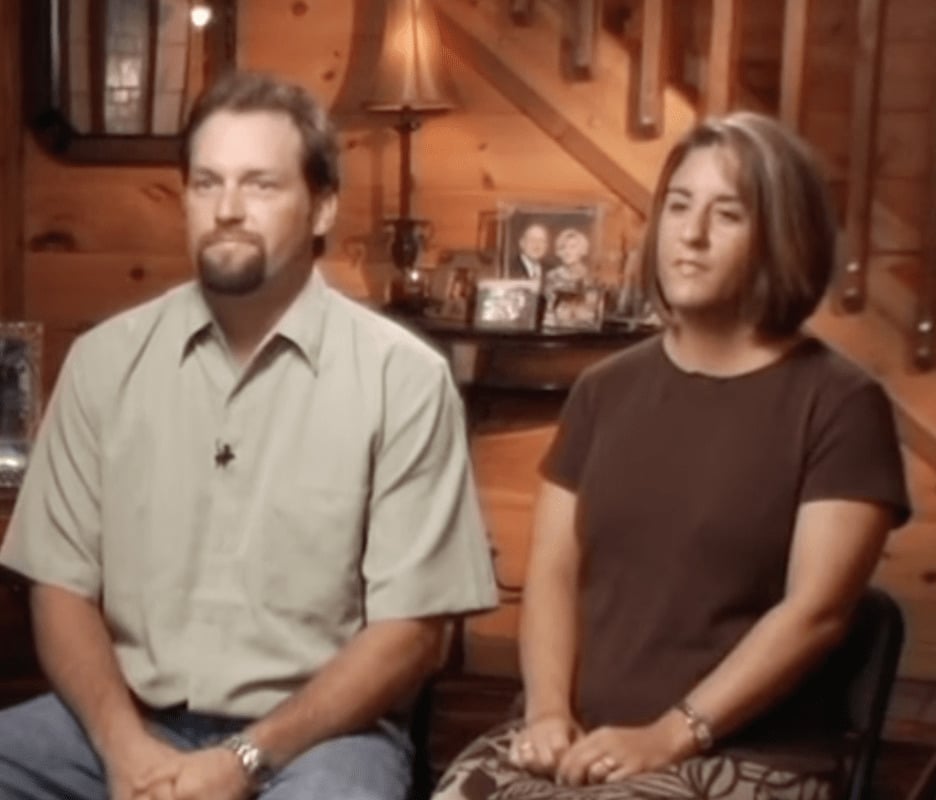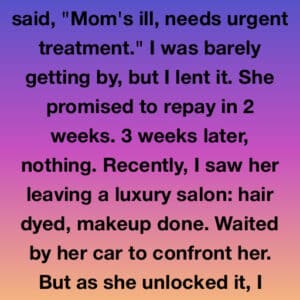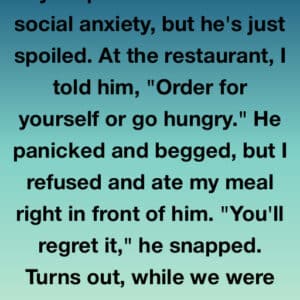Young couples often imagine a lifetime ahead of them—years to grow, build, and settle into the comfort of shared routines. But life has a way of cutting through that illusion in an instant, delivering the kind of shock no one prepares for.
One Saturday morning in May 2007, Ryan Finley woke expecting an ordinary weekend. Sunlight filtered through the blinds, the house was quiet, and he glanced at the clock. He decided to wake his wife, Jill—something he rarely did on Saturdays.
“I went to wake Jill up, which is a miracle in itself as I never do that on Saturday mornings,” he later recalled.
He called her name gently. No response.
He shook her shoulder. Still nothing.
The unease hit him all at once. The kind that presses its cold fingers around your ribs and doesn’t let go. He immediately called emergency services while performing CPR, fighting down panic with every compression.
Paramedics arrived quickly and rushed Jill to the hospital. Ryan drove behind the ambulance in his truck, eyes locked on the flashing lights ahead of him, refusing to lose sight of her.
Once at the hospital, doctors stabilized her as best they could and delivered the news no husband wants to hear: Jill had gone into cardiac arrest.
Ryan waited outside the emergency room, absorbing updates piece by piece. He described one moment vividly—when the doctor finally looked him in the eye and told him to start praying. “When a doctor tells you that,” he said later, “I feel it’s about as serious as it’s going to get.”
Jill was placed in a coma. Just like that, his 31-year-old wife—full of energy, humor, and plans—was suspended in a fight for her life.
The next two weeks were a blur of hospital visits, tears, and hope flickering like a candle in a draft. Friends and family came in steady waves. One of Jill’s cousins arrived with a Bible and read to her for nearly an hour. He left it with Ryan, telling him to lean on whatever comfort he could find. From that day on, Ryan read passages aloud to his wife every night, believing—needing to believe—she could hear him.
After eleven days, exhausted and alone with his thoughts, Ryan drove home. The doctors had started suggesting something unthinkable: ending life support. They believed there was no sign of improvement, no reason to hope.
Ryan wrestled with the decision through the night. He knew the weight of what it meant. Still, the next morning, he told the medical team to remove life support, believing he was honoring the woman he loved by not prolonging her suffering. On the fourteenth day of her coma, life support was withdrawn.
He stayed with her for hours. Then, overwhelmed by grief, he stepped out of the room to brace himself for what he thought were her final moments.
Minutes later, a nurse rushed into the waiting area.
“You need to come in,” she said. “She’s talking.”
Ryan could barely process the words. He walked into the room expecting to say goodbye, not hello. But there Jill was—speaking.
“The first thing she said was, ‘Get me out of here. I want to go home.’”
Still afraid to believe it, he asked her questions only she could answer. Their pets’ names. Simple math problems. Her favorite restaurant. Every answer was correct. She even requested a meal from the Mexican spot she loved.
Jill remembered nothing of the coma—only a strange sensation of being away and then returning suddenly. But for Ryan, it felt like witnessing a miracle. When asked what he believed brought her back, he didn’t hesitate: “God. Divine intervention.”
Recovery wasn’t instant. Jill had to relearn basic motor functions—brushing her teeth, tying her shoes, even simple coordination tasks. But they treated it as the precious second chance it was. They rebuilt their life carefully, gratefully, inch by inch.
Jill later said she supported her husband’s decision to remove life support, explaining she would not have wanted to remain in a state without awareness or autonomy. Ryan, however, still carries the weight of those days. “There’s still not a night that goes by that I don’t wake up,” he said. “I’ll usually kick her, and if she kicks me back, I know we’re OK.”
Life handed them something unimaginable—and then returned what was lost. The experience didn’t erase the fear, but it strengthened their bond in a way ordinary years never could have.
Sometimes life hands you a second chance in the most unexpected way. And sometimes love answers when you think the world has gone silent.
Feel free to share this story with someone who might need a little reminder of hope today.









